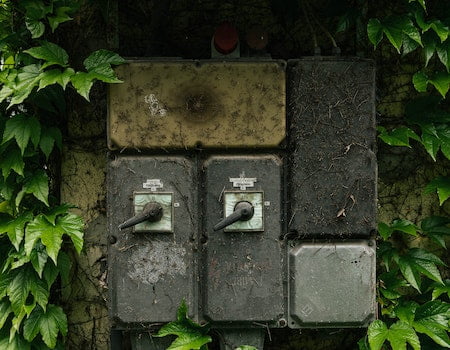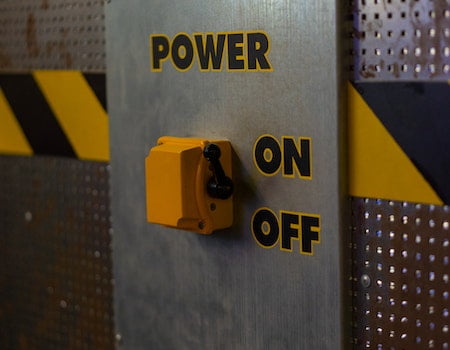
Why do you need to compare electricity metres?
If you are starting a new business or looking to replace an old electricity metre, it's important to know which type of metre is best for your company. There are many different types of metres available, so it's important to know the differences between them before making a decision about which one is right for your business.
- Smart metres: These metres have internet connections and allow customers to monitor their energy usage online or via a smartphone app. Customers can also view their account balances and pay bills using these features.
- Prepaid electricity metres: These offer customers payment plans where they pay in advance for their electricity consumption each month instead of paying after they use it as with other types of metering systems such as standard metering or time-of-use (TOU) metering. This helps businesses avoid having large amounts due at once if they end up using more than expected during peak hours when rates tend to be higher per kilowatt hour (kWh).
- Pay As You Go Metres - With this type of system, there aren't any hidden fees; customers only pay for what they use each month based on pre-paid amounts set up beforehand through automatic payments or manual deposits made directly into an account linked with their metre instead of paying every month like other options mentioned above would require from users.

Get an electricity metre reading for the time you want to switch
Energy metres measure the amount of electricity used by your business. Before you can compare electricity metres, you need to get an electricity metre reading for the time you want to switch.
Here's how:
- Call your local utility company and ask them for an "interval metre reading." This is a snapshot of how much energy was used during a specific period of time (usually about one week). Interval readings typically come in 2-, 3-, or 4-hour intervals throughout the day, depending on which type of metre you have (see below).
- If they don't give one over the phone, they should send someone out to see if there's any damage or tampering with your current equipment so they can remove it and install a new unit—this usually takes just a few days once they receive authorisation from their supervisor or manager.
Check to see if you have a smart metre.
Before you compare electricity metres for your business, it's important to check whether or not you have a smart metre. Smart metres are more accurate and efficient than old-fashioned analogue electricity metres. They give an immediate reading of the energy used in your home or office, so there's no need to call the utility company and wait days for them to read your metre—you can do it yourself!
Smart metres also allow you to use energy more efficiently. For example, if you charge your electric car during non peak hours (when demand is lower), this will save money on transmission costs and reduce carbon emissions from power plants that would otherwise be needed during peak times of the day. It's easy to see how switching over from an analogue metre could save money on both sides: by reducing bills through better efficiency and cutting down greenhouse gases too!

Compare business electricity prices online.
You can compare electricity prices online by entering your postcode into a search engine. The results will show you the best deals for your area in kilowatt-hours/ year and cents per kilowatt hour.
For small businesses, this will help you find a cheap deal that won't break your business's budget.
For large businesses, it will help you find an energy supplier that offers competitive prices while also fitting with your company's needs (such as a long-term fixed rate).
If you have a smart metre installed at home or at work, there are additional steps to take when comparing electricity prices:
Compare business electricity tariffs and rates.
Tariffs are the prices you pay for electricity, while rates are the price you pay per unit of energy. Generally, your business will have a higher tariff than domestic customers because it uses more power. Some tariffs might also include other fees and charges, such as a standing or demand charge, depending on what electricity retailer you choose to buy your electricity from.
The best way to compare tariffs is by using an online tool that shows information about all of the tariffs offered by different retailers in your area (you can use our comparison service here). This will help you find out which retailer offers the best rate for your business's needs and budget.
You should now be able to compare different types of commercial electricity metres and know what charges are applied by your energy provider!
The bottom line is that by understanding how electricity metres work, you can save your business money on its energy bills. Whether you have a small business or a large one, there are ways to cut costs and find the best deal for your company.
If you're looking for ways to reduce your business's energy costs, then Compare Business Electricity is the perfect resource for you. We have all of the information you need to make an informed decision about which supplier and tariff are best for your company. Our comparison tool makes it easy to find the best deal in your area, and our blog posts provide insights into how businesses can save money on their energy bills. So what are you waiting for? Start comparing today!









